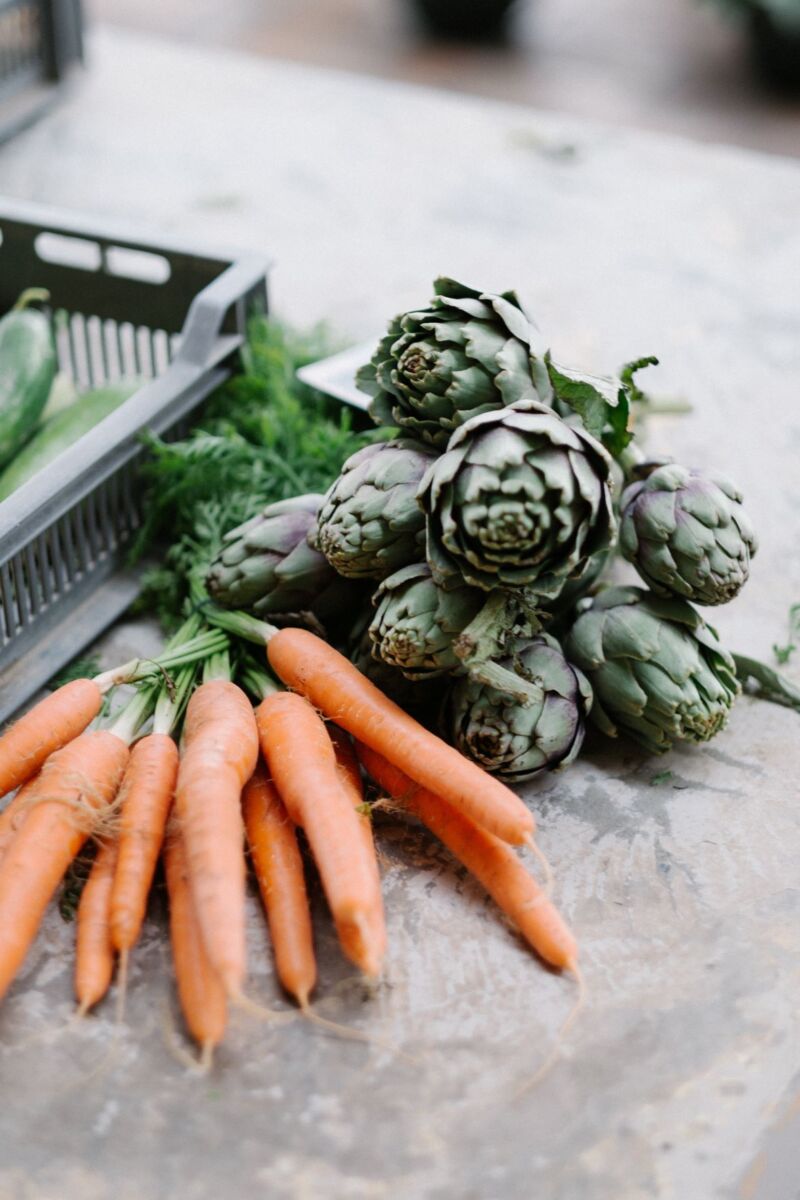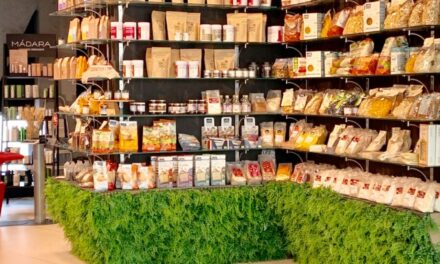Latest food and drink statistics reveal a huge uptick in exports to the EU at the start of the year with a 96 per cent and 55 per cent increase for January and February, respectively, following a 12-month downward trend in 2021. This suggests manufacturers are better at navigating Brexit red tape and are recovering well post-Omicron. Although positive, this reflects the acute Brexit hit on the industry, which, two years later, is yet to return to its January 2020 export levels of £1.69bn.
“Overall global exports were up by 33 per cent – marking a positive start to trade in 2022. The increase in exports shows that despite the administration burden required to trade with countries in the EU post-Brexit, food and drink manufacturers have successfully established alternative growth strategies and maintained strong overseas relationships, coupled with economies gradually opening up post-pandemic,” said Stuart McCallum, RSM’s head of food and drink, about the ONS trade statistics for February 2022. “However, headwinds remain for food and drink manufacturers as they continue to manage labour shortages, escalating energy prices, supply chain issues and inflation, all heightened further by geopolitical disruption and the mounting cost of living crisis. Already contending with squeezed profit margins, manufacturers are facing the highest food inflation in a decade, now at 5.9 per cent, and need to offset soaring costs, most likely passing this on to consumers.”
“Similarly, with new legislation seeing large hospitality businesses with more than 250 employees having to adopt calorie labelling as part of an ongoing trend to promote health and wellbeing, manufacturers will need to innovate, improve and reformulate their produce to ensure consumers have access to healthy and nutritional food. To support this legislation and wider environmental implications, business and consumers will need to shift their focus to local and in-season produce to minimise the UK’s reliance on imports which were up 31 per cent in February. But will they be prepared to foot the bill for more carbon neutral, healthy product as households feel the cost of living squeeze?”, asked McCallum.
[Image: David Vazquez for Unsplash]



